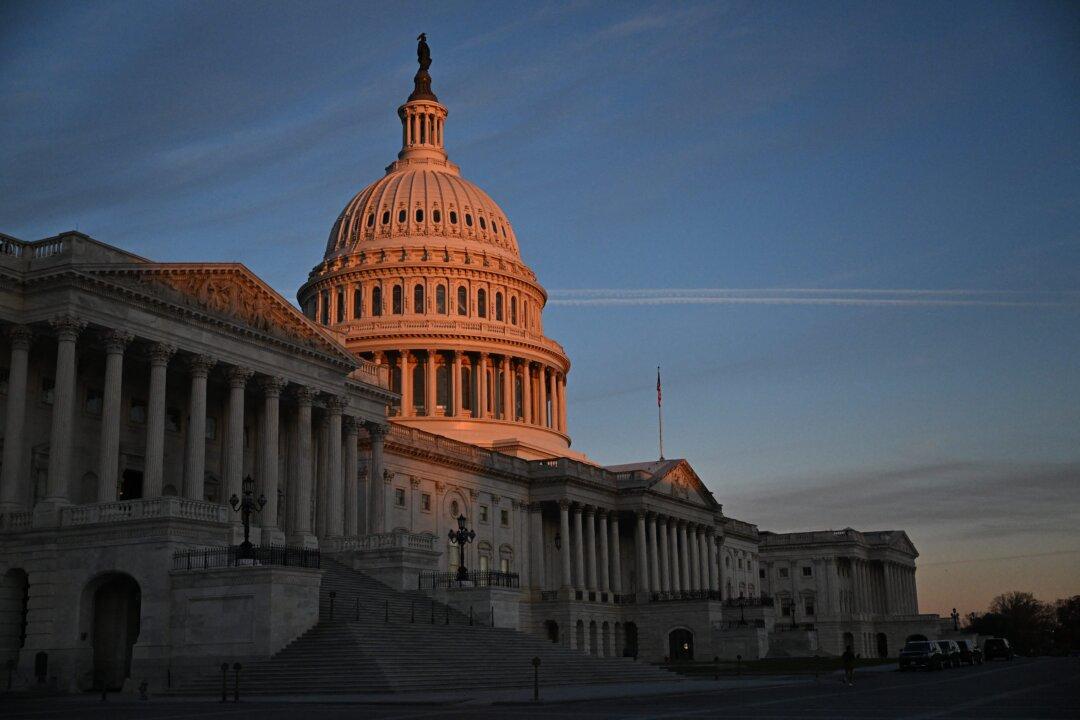BIDEN IMPEACHMENT AUTHORIZATION
As Congress prepares to go on its holiday vacation, lawmakers have a few legislative items left to handle.
First, House Republicans today hope to pass a resolution formalizing the impeachment inquiry into President Joe Biden. Despite their razor-thin majority—they can only lose three votes on the measure—the resolution looks poised for passage.
Republicans in districts Biden won in 2020 have indicated their support for the push, distinguishing it from an actual impeachment vote. So far, only Rep. Ken Buck (R-Colo.) has publicly come out against the resolution.





